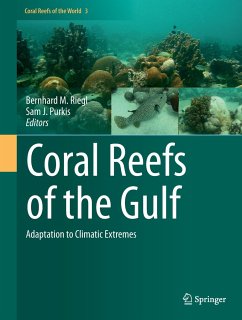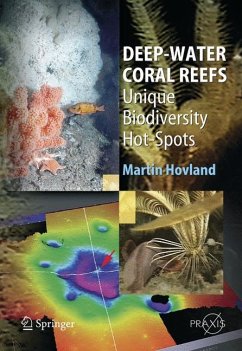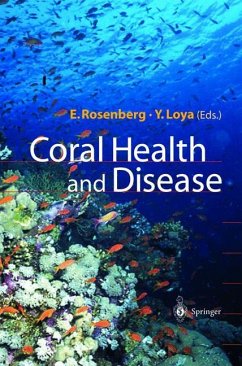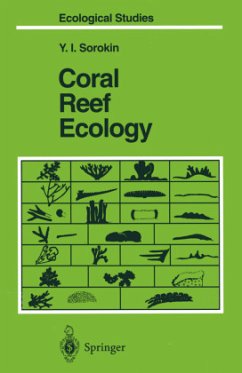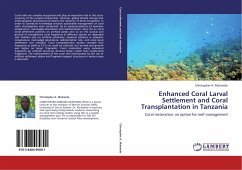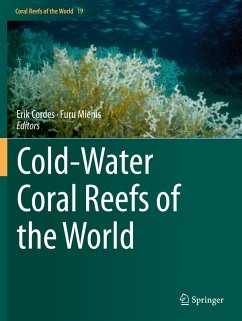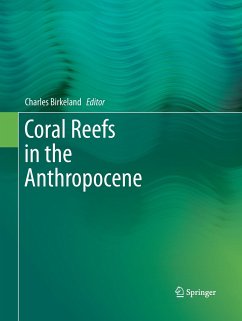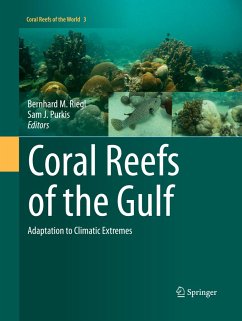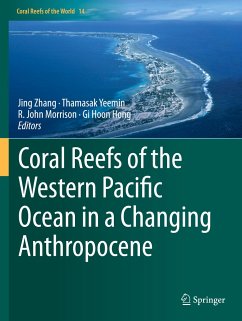
Artificial Reefs and Coral Transplantation
Fish Community Responses and Effects on Coral Recruitment in North Sulawesi/Indonesia
Versandkostenfrei!
Versandfertig in 6-10 Tagen
52,99 €
inkl. MwSt.

PAYBACK Punkte
26 °P sammeln!
Coral reefs worldwide are increasingly threatened byhuman activities. As a consequence, the field of reefrestoration has drawn increasing attention fromscientists, management agencies and NGOs. Although anumber of advances have been made, the ecologicaleffects of most restoration techniques are not yetfully understood.How does coral transplantationaffect reef fishes?Can transplantation of coral fragments be used toincrease coral recruitment? The author tries to shedsome light on the reaction of key reef organisms toselected restoration methods by examining the resultsof a long-term field study...
Coral reefs worldwide are increasingly threatened byhuman activities. As a consequence, the field of reefrestoration has drawn increasing attention fromscientists, management agencies and NGOs. Although anumber of advances have been made, the ecologicaleffects of most restoration techniques are not yetfully understood.How does coral transplantationaffect reef fishes?Can transplantation of coral fragments be used toincrease coral recruitment? The author tries to shedsome light on the reaction of key reef organisms toselected restoration methods by examining the resultsof a long-term field study in Indonesia. Over 6000coral fragments were transplanted and artificialstructures were deployed on 600 square meters of reefin one of the most extensive experimental restorationefforts to date.Using comparative observations from the ambient reef,the study underlines the importance of reef contextin deciding on the appropriate restoration approach.Furthermore, the author demonstrates the utility ofreef fish monitoring in the evaluation of reefrestoration effort. This book is aimed at studentsand scientists as well as practitioners anddecision-makers.



